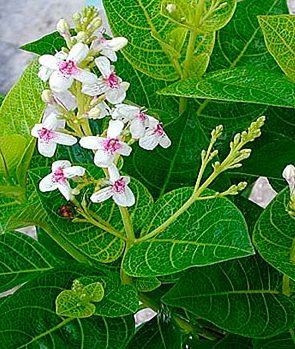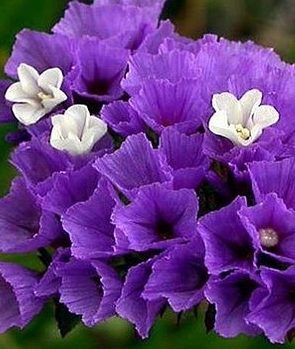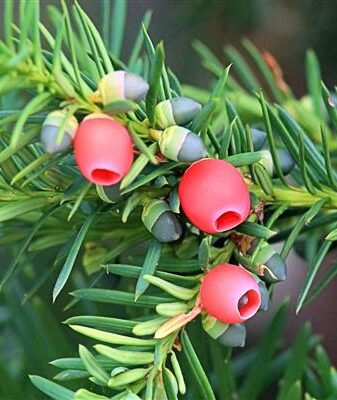Miraculous lemon balm: the benefits and secrets of growing
Content:
In the shady garden, you rarely see the bright flowers of the health-giving kitchen herb - lemon balm. However, even here you can create a charming atmosphere with unusual varieties of aromatic herbs. Their yellow leaves reflect light and optically illuminate shady corners. Lemon balm, lemon balm, is one of the most seasoned herbs in our gardens.
The benefits of lemon balm
Melissa is a honey-like, lush perennial plant that is almost indestructible. It often grows on its own on fences and walls, on forest edges and in rubble. From June to August, lemon balm leaves are harvested for drying. The collection of lemon balm leaves should be done in the morning in dry weather, right before flowering.
Lemon balm (lemon balm) was widely cultivated in the Middle Ages. First, in the monastery gardens. It has a pleasant lemon scent, so you won't ruin the dish if you add it where lemon juice or lemon zest is added. Fresh lemon balm is added to omelets, salads and fish. This gives them a fresh lemon scent. You can add its leaves to compotes, fruit salads, or to decorate desserts and refreshing summer drinks. Lemon balm tea soothes digestion, has a beneficial effect on the nerves, therefore contributes to psychological well-being and rapid falling asleep. It also reduces bloating and helps with colds and flu. Since time immemorial, it has been highly regarded as a sedative and as a means to increase the secretion of gastric juice.
In the evening, lemon balm tea with lemon balm is useful to calm down. It can be prepared from both dry and fresh leaves. Pour one to two tablespoons of dry lemon balm with hot water (not boiling water), and leave to stand for about seven minutes. To preserve the volatile essential substances in the tea, let it sit under the lid. Have one cup in the afternoon and another before bed.
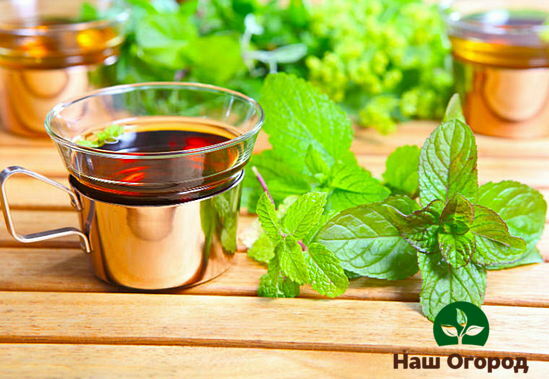
Melissa: Growing Tips
Bright yellow-green - lemon balm and yellow-spotted. These species form rich clusters. However, the midday sun should not fall on them at all, otherwise their beautiful green-yellow leaves will become dotted with brown tan spots. It should be watered only when there is no sunlight. Lemon balm will grow very well in thick, permeable soil, and at the same time, it can grow in full sunlight in the morning or evening. Lemon balm seedlings can be grown from seeds. Larger plants can already be purchased at garden stores today. You can split old bunches to propagate existing lemon balm. It grows to a height of 60 cm.
Lemon balm herbs are best stored freshly cut, finely chopped and frozen, as they lose their pleasant smell when dried. In spring, it is best to enjoy fresh herbs. And don't forget: even culinary surprises can be hidden in the shadows.
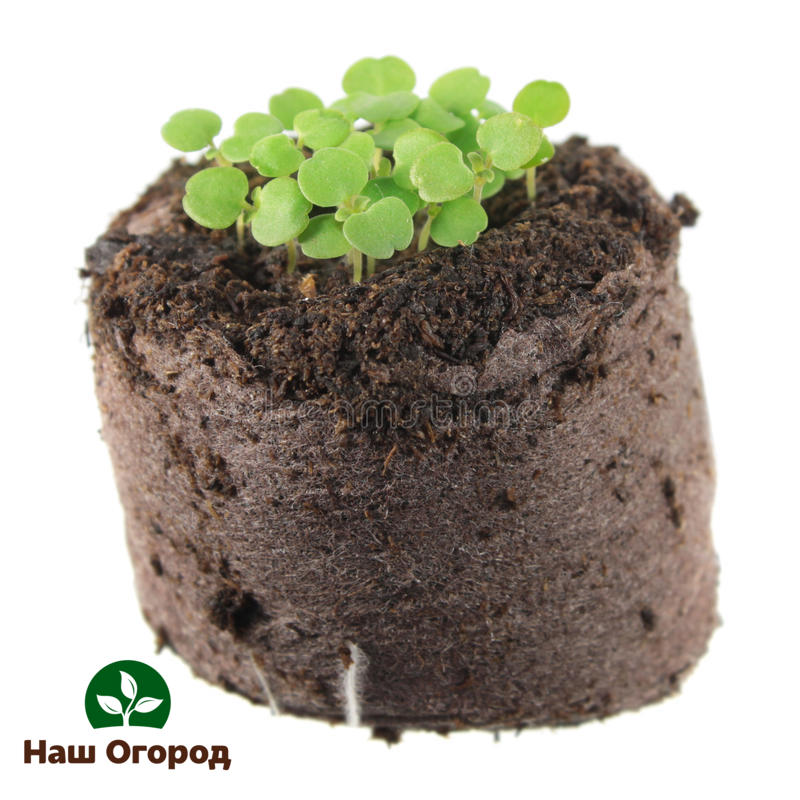
A warning: Do not fertilize the lemon balm herbs in the pot, as this can cause unwanted fertilizer concentrations.


